
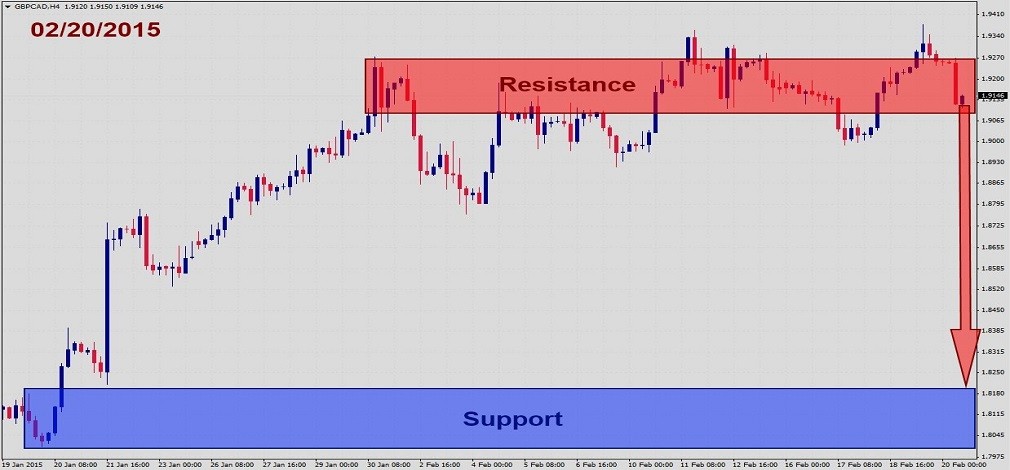
Here are the key factors to keep in mind today for British Pound trades: UK Retail Sales: Retail sales disappointed forex traders as they showed a 0.3% contraction in January while annualized retail sales rose only 5.4%; this was including auto sales. Economists expected a contraction of 0.2% monthly and an increase of 5.9% annualized. December’s retail sales were revised higher to show an increase of 0.2% monthly and 4.0% annualized. Excluding auto sales retail sales dropped 0.7% in January and rose 4.8% annualized. This missed estimated...
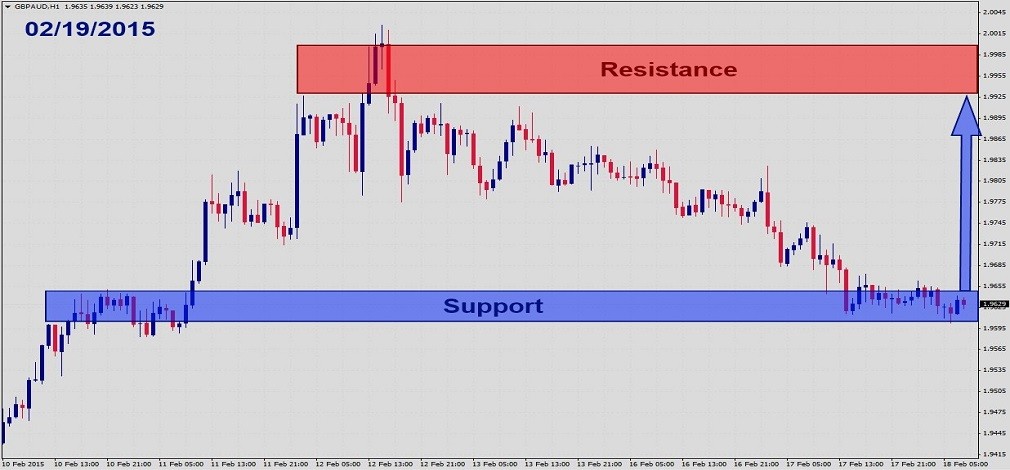
Here are the key factors to keep in mind today for British Pound trades: Change in Jobless Claims: Economists expect jobless claims to decrease by 25,000 in January. Should expectations be confirmed this would follow a decrease of 29,700 reported in December. The claimant count rate is expected to decrease to 2.5% from December’s 2.6%. Bank of England Minutes: Minutes released from the last meeting of the Bank of England could assist a higher British Pound today after Governor Carney stated that the Bank expects to witness an increase in...
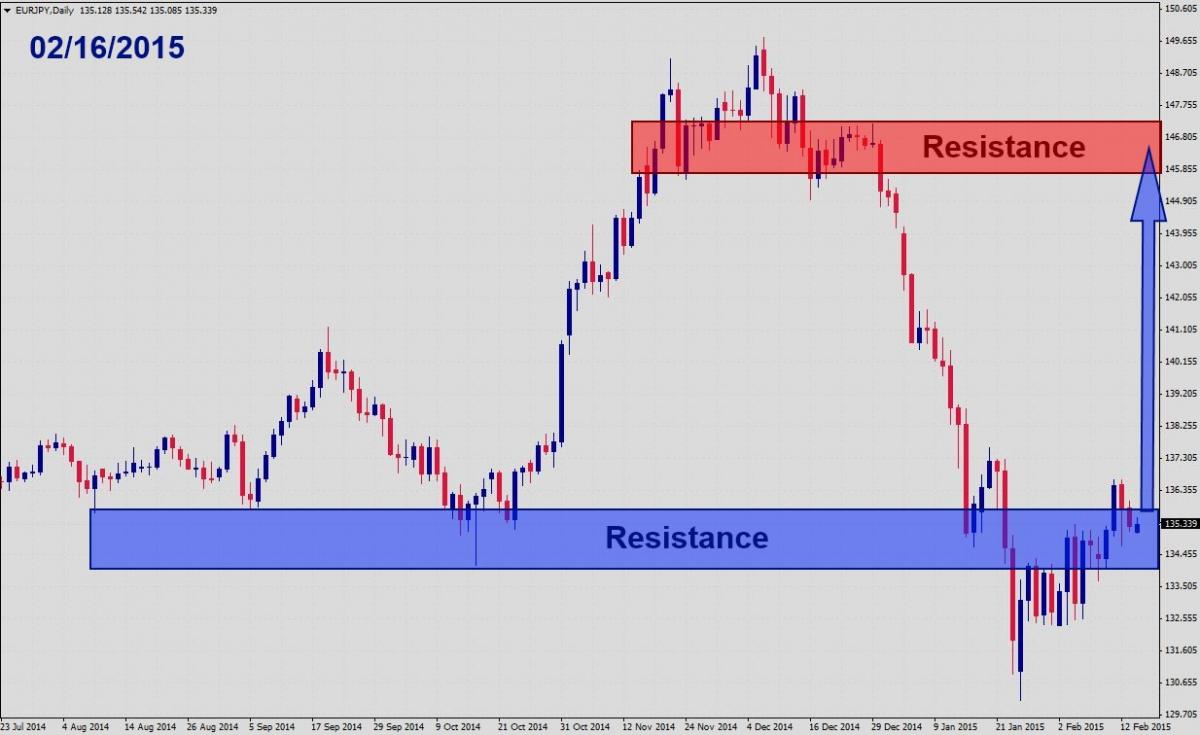
Here are the key factors to keep in mind today for Euro trades: Euro Trade Balance: The Eurozone posted a better than expected trade surplus in December. Economists expected the trade surplus to come in at €19.0 billion which would have been a slowdown from November’s upward revised trade surplus of €21.6 billion. The trade surplus rose to €23.3 billion which boosted the Euro. Despite economic uncertainty and weaker reports released during the period the Eurozone managed to increase its trade surplus which is an encouraging sign....
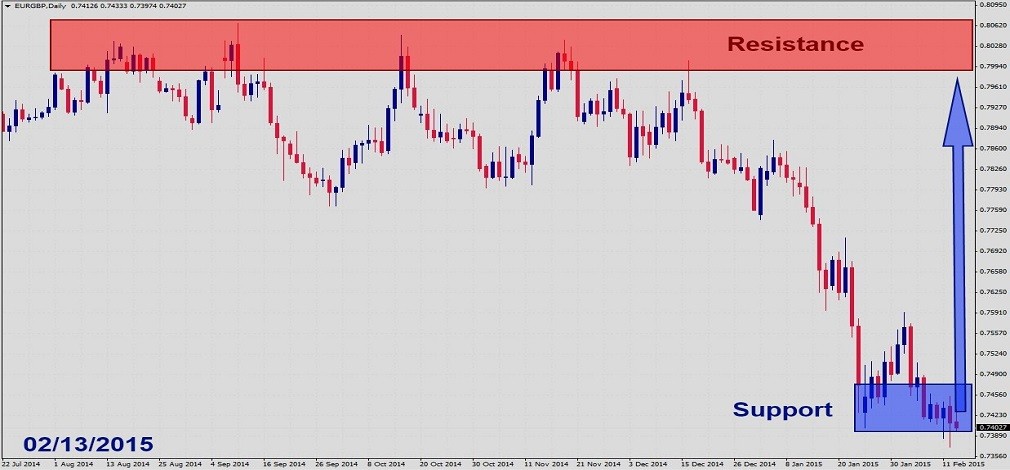
Here are the key factors to keep in mind today for Euro trades: Eurozone GDP: The Eurozone performed better than expected during the fourth-quarter as the GDP rose 0.3% and year-over-year it rose 0.9%. Economists expected an increase of 0.2% and 0.8% which would have matched the third-quarter performance. Germany was the main driver behind the positive surprise. German GDP rose 0.7% in the fourth-quarter and 1.6% year-over-year. Expectations called for an increase of only 0.3% and 1.2% which can be compared to the increase of 0.1% and 1.2...
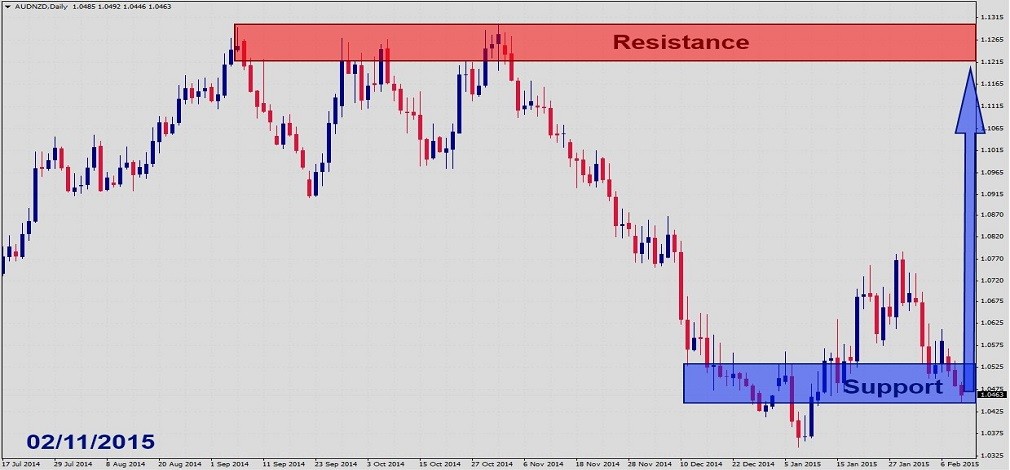
Here are the key factors to keep in mind today for Australian Dollar trades: Australian Westpac Consumer Confidence Index: The Westpac Consumer Confidence Index rose 8.0% in February which is a very positive sign for the Australian economy. An increase in confidence is likely to result in an increase in consumer spending. A stronger Australian currency should be possible by the end of February. The strong reading in February follows a solid increase of 2.4% reported in January. Australian Home Loans: Home loans surged 2.7% in December...